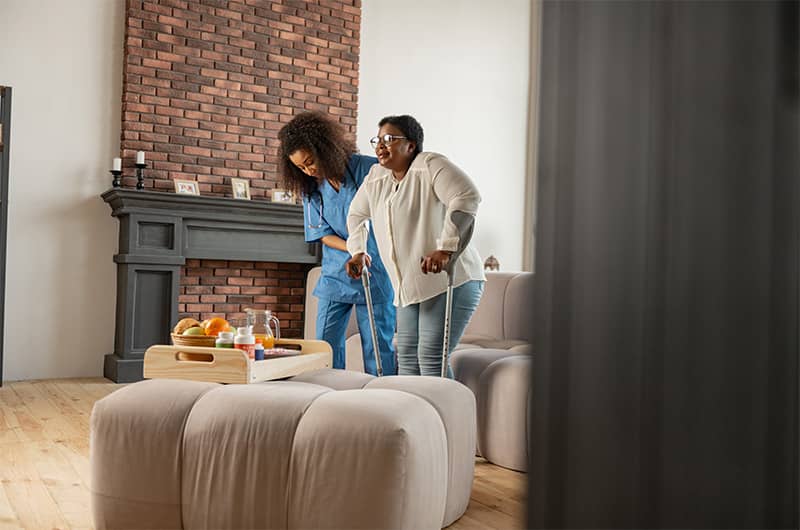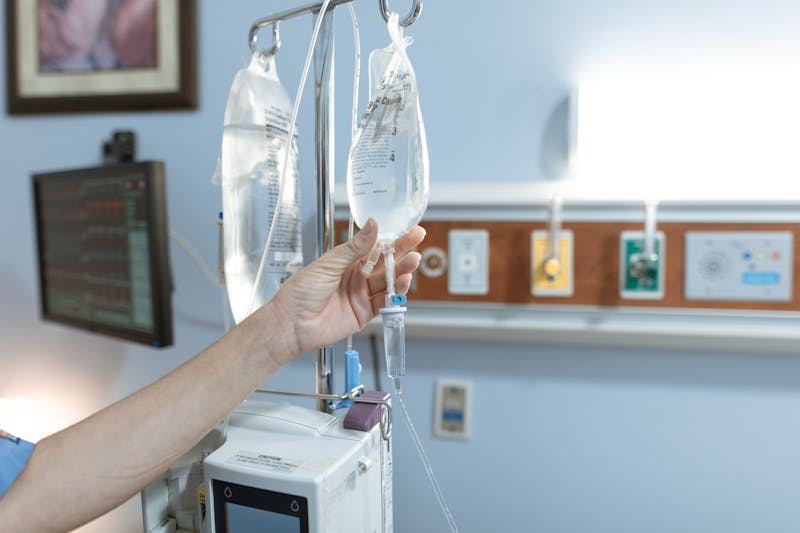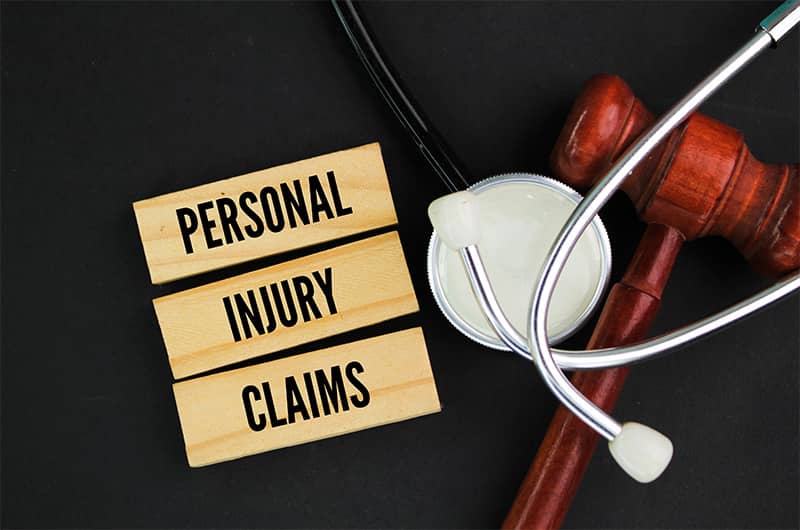Did you know about the National Superbug Outbreak?
Many of you may have heard about a superbug going around that is resistant to antibiotics. What you may not know about it has been linked to medical scopes known as duodenoscopes. According to this case, 500,000 Americans undergo a procedure known as Endoscopic Retrograde Cholangiopancreatography or ERCP every year using these medical scopes and this procedure has been linked to the superbug outbreak also known as carbapenem-resistant Enterobacteriaceae or CRE.
Earlier this week, Carla Warner provided emotional testimony to a U.S. Food and Drug Administration Advisory Panel about the devastating impact that as carbapenem-resistant Enterobacteriaceae or CRE had on her husband, Willie “Bill” Warner. He developed CRE after having an Endoscopic Retrograde Cholangiopancreatography procedure. Warner’s procedure used a widely sold TJF-Q180V duodenoscope, which was produced and sold by Olympus America, Inc. Carla Warner’s testimony about the death of her husband due to CRE was highlighted on the panel.
Beginning in 2010, Olympus redesigned and replaced its TJF-Q160V duodenoscope with the TJF-Q180V duodenoscope. The new 180V model had a sealed section on the device known as the “elevator wire channel.” In lawsuits that have been brought against the Olympus America Corporation after family members have died from infections using the TJF-Q180V duodenoscope, it was complained that bacteria can become trapped in the device’s sealed elevator wire channel. The elevator wire channel on the device is not easily accessed for proper cleaning so it becomes the source for the outbreak of the deadly superbug CRE infections that patients are developing.
When Olympus began to sell the 180V scopes in 2010, the modifications they made had clear safety concerns but the company did not seek approval from the Food and Drug Administration until 2013 and 2014. The Olympus Company must have been aware of these safety concerns however, because in 2012 they warned European safety regulators of contamination and infection risks posed by the 180V scopes.
Carla Warner and other people who have been impacted by CRE are taking legal action against Olympus, who according to this case had an obligation to develop, test, and check the safety of their products before selling them. If they had performed these proper testing procedures, they most likely would have known about the bacteria in its scopes and how it could lead to an outbreak of CRE.
If you or someone you know has developed the superbug after a medical procedure and you suspect that one of these scopes was used, then the first thing you should do is to speak with your medical professional and see what treatment you may need or if in fact one of these scopes was used in your procedure. Then, it is important that you contact our personal injury attorneys with the Higgins Firm. We care about our clients and will take the time to answer any questions you may and to help you get the compensation you deserve for what you have suffered.
Please contact us today online or by calling 800.705.2121 to discuss your legal options.





